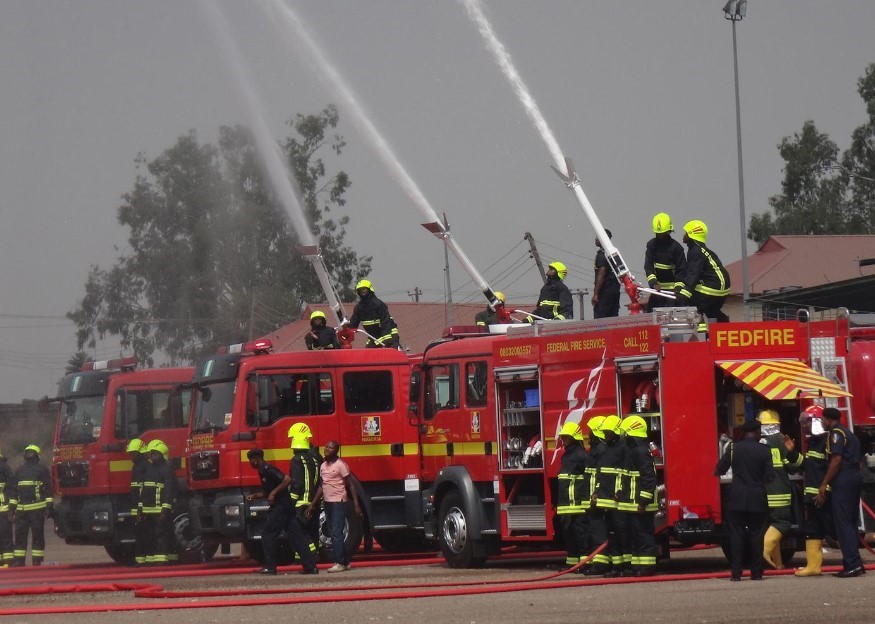Intelligent Fire Alarm System: Advanced Technology

In the event of a fire, time is of the essence. The faster the fire is detected and the alarm sounded, the better chance people have to evacuate safely and minimize damage to property. That’s why intelligent fire alarm systems are becoming increasingly popular in commercial and residential buildings. These systems not only detect smoke and fire but also use advanced technology to analyze the data and provide early warnings and detailed information to responders.
What Is An Intelligent Fire Alarm System?
An intelligent fire alarm system is a type of fire alarm system that uses advanced technology to provide more accurate and detailed information about a fire than traditional fire alarm systems. Intelligent fire alarm systems use a network of sensors, detectors, and control panels to monitor the building for signs of fire. These sensors can detect the presence of smoke, heat, and flames and can even detect gases that are produced by burning materials.
The data from the sensors is then analyzed by a computer system that uses algorithms and machine learning to determine whether a fire is present and where it is located. The system can also provide information about the size of the fire, the temperature, and other data that can be used by responders to determine the best course of action.
Benefits Of Intelligent Fire Alarm Systems
Intelligent fire alarm systems offer several benefits over traditional fire alarm systems. Some of the key benefits include:
Early detection: Intelligent fire alarm systems can detect fires much earlier than traditional fire alarm systems, which rely solely on smoke detectors. This early detection can help people evacuate the building more quickly and reduce the risk of injury and damage to property.
More accurate information: Intelligent fire alarm systems can provide more detailed information about a fire, including its location and size. This information can be used by responders to develop a more effective plan of action and to prioritize resources.
Reduced false alarms: Intelligent fire alarm systems are less likely to produce false alarms than traditional fire alarm systems. This is because the system can analyze the data from multiple sensors and detectors before sounding the alarm, reducing the likelihood of false alarms caused by cooking or other non-fire-related activities.
Easy maintenance: Intelligent fire alarm systems are designed to be easy to maintain and update. The system can be easily integrated with other building systems, such as HVAC systems, to provide a comprehensive solution for building safety.
Cost-effective: Although intelligent fire alarm systems may initially cost more than traditional fire alarm systems, they can be more cost-effective in the long run. This is because they can help prevent damage to property and reduce insurance costs.
Also read: Razer Blade 15 2018 H2 Buying Guide. Still Top Laptop for Gamers?
How Do Intelligent Fire Alarm Systems Work?
Intelligent fire alarm systems work by using a network of sensors, detectors, and control panels to monitor the building for signs of fire. The system can be customized to meet the specific needs of the building and can be integrated with other building systems, such as HVAC systems and security systems.
The sensors and detectors used in intelligent fire alarm systems can detect the presence of smoke, heat, and flames, as well as gases produced by burning materials. The data from these sensors is then sent to a control panel, where it is analyzed by a computer system. The computer system uses algorithms and machine learning to determine whether a fire is present and where it is located.
If a fire is detected, the system can sound an alarm, activate sprinkler systems, and alert responders. The system can also provide detailed information about the fire, such as its size and location, to help responders develop a more effective plan of action.
Conclusion
Intelligent fire alarm systems are becoming increasingly popular in commercial and residential buildings due to their ability to provide more accurate and detailed information about fires. These systems offer several benefits, including early detection, more accurate information, reduced false alarms, easy maintenance, and cost-effectiveness. As technology continues to advance, we can expect to see even more advanced intelligent fire alarm system.




